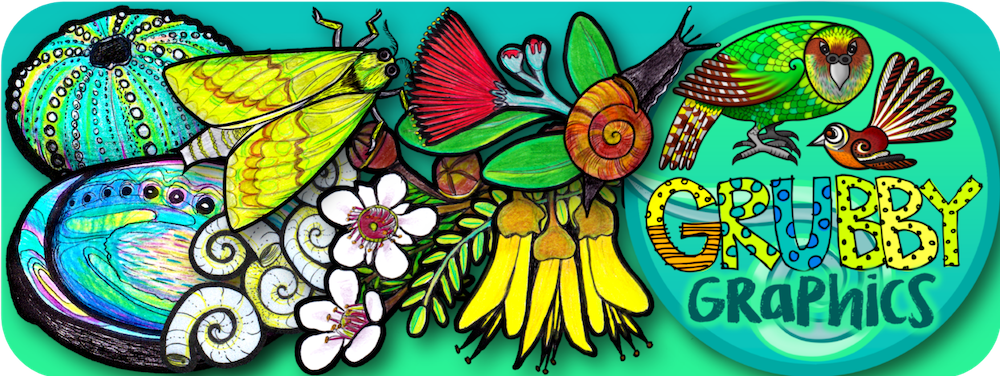This product can only be viewed by members. To view or purchase this product, sign up by purchasing Large School (10-20 teachers), Small School (6-10 teachers), Small Team (up to 5 teachers) or Membership (Single).
Lovingly handcrafting unique, creative & beautiful kiwi resources!
